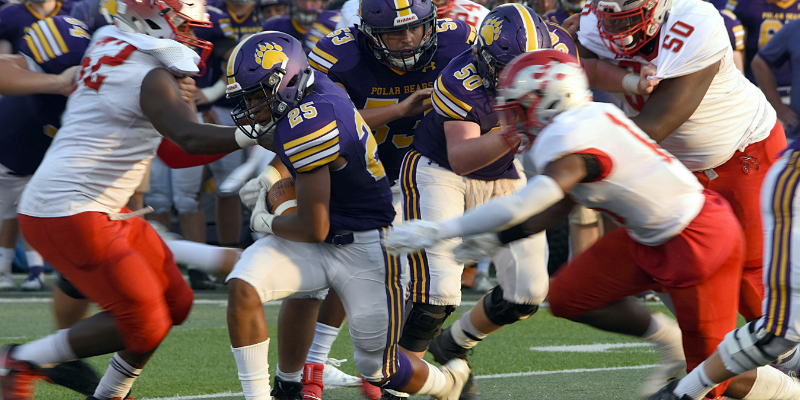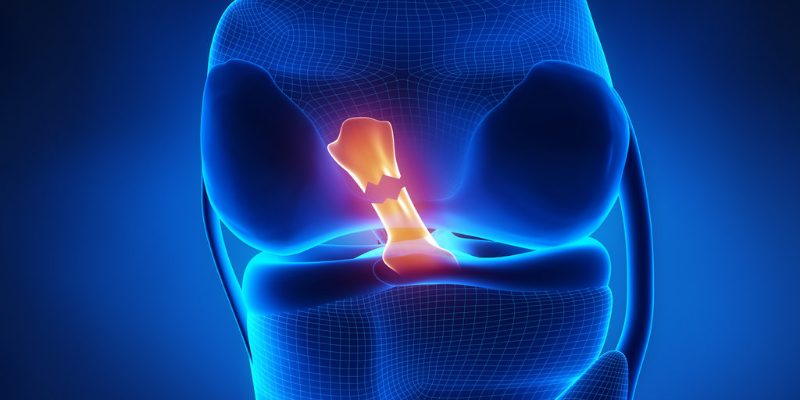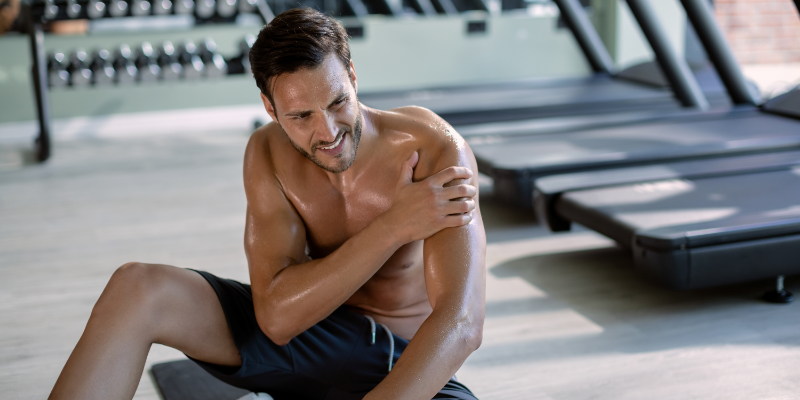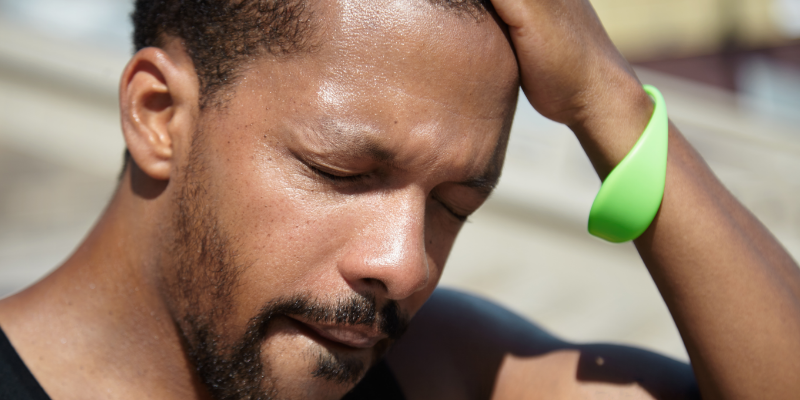
Contact sports bring excitement, teamwork, and challenge, but they also carry a higher risk of injury. Among the most common contact sport injuries are ACL tears, shoulder injuries, and concussions. Each of these conditions can sideline an athlete for weeks—or even months—without proper treatment.
Understanding what they are, how they happen, and what recovery looks like is key for athletes, parents, and coaches alike.

The anterior cruciate ligament (ACL) stabilizes the knee and is essential for cutting, pivoting, and jumping. A tear often occurs during sudden stops or direction changes, making it especially common in football, soccer, and basketball.
Symptoms include: a popping sound at the time of injury, swelling within 24 hours, and the feeling that the knee is “giving out.”
Treatment usually depends on the severity of the tear.
Partial tears may sometimes be treated with rest, bracing, and physical therapy focused on strengthening the surrounding muscles.
Complete tears, however, often require surgical reconstruction to restore stability and function.
Recovery after surgery typically involves months of structured physical therapy. Athletes gradually rebuild strength, improve range of motion, and retrain balance before returning to sport.
Full recovery can take anywhere from 9 to 12 months.
Prevention strategies include neuromuscular training programs that emphasize proper landing mechanics, agility drills, and strengthening the hamstrings and quadriceps to better protect the knee.

The shoulder is one of the most mobile joints in the body, but this mobility also makes it vulnerable. Contact athletes frequently suffer from acromioclavicular (AC) joint injuries—also called “separated shoulders”—and shoulder dislocations.
An AC joint injury occurs when the ligaments holding the collarbone to the shoulder blade are stretched or torn, often from a direct fall onto the shoulder.
· Mild sprains may heal with ice, rest, and sling immobilization.
· Moderate to severe injuries can require surgical repair, especially if the clavicle is significantly displaced.
Rehabilitation focuses on restoring range of motion, then gradually progressing to strengthening exercises for the rotator cuff and shoulder stabilizers. Athletes often return to play within a few weeks for mild sprains, but surgery can extend recovery to several months.
For shoulder dislocations, treatment involves reducing the joint (putting the shoulder back into place), followed by rest and physical therapy. Recurrent dislocations sometimes require surgical stabilization to prevent long-term instability.

Unlike ligament or joint injuries, concussions are brain injuries caused by a blow to the head or body that shakes the brain inside the skull. Symptoms range from headaches, dizziness, and nausea to confusion, memory problems, and sensitivity to light or noise.
Treatment centers on rest—both physical and cognitive. Athletes are advised to avoid screens, intense mental activity, and physical exertion until symptoms resolve. A gradual “return-to-play” protocol then guides recovery, with each step increasing activity levels while monitoring for recurring symptoms.
Because repeated concussions can have long-term consequences, prevention is critical. This includes proper tackling techniques in football, well-fitted helmets, and an environment that prioritizes reporting and managing head impacts rather than playing through them.











*We accept most all insurance plans, if you do not see your plan listed above or have any questions, please contact our office.

SPORT Orthopedics + Physical
Therapy – Dallas, TX
Services:
• Clinic • Orthopedic • Urgent Care
• Physical Therapy
18152 Preston Road
Suite I-2
Dallas, TX 75252
Phone: (469) 200-2832
Fax: (469) 269-1074
SPORT Orthopedics + Physical Therapy
– Frisco, TX
Services:
• Clinic • Orthopedic • Urgent Care
• Physical Therapy
9255 Dallas Parkway
Suite I20
Frisco, TX 75033
Phone: (469) 200-2832
Fax: (469) 269-1074
SPORT Orthopedics + Physical
Therapy – Wylie, TX
Services:
• Clinic • Orthopedic • Urgent Care
• Physical Therapy
3400 FM 544
Suite 650
Wylie, TX 75098
Phone: (469) 200-2832
Fax: (469) 269-1074
SPORT Physical
Therapy – Prosper, TX
Services:
• Physical Therapy
790 N Preston Rd
Suite 60
Prosper, TX 75078
Phone: (469) 200-2832
Fax: (469) 269-1074
SPORT Orthopedics – Mesquite, TX
Services:
• Clinic
• Orthopedic
• Urgent Care
1102 North Galloway Ave
Mesquite, TX 75149
Phone: (469) 200-2832
Fax: (469) 269-1074
Due to the high volume of calls, we want to inform all patients and providers that our phones are only active during our open hours of 8:30 AM – 5:00 PM. The lines will not ring outside of these business hours or during our lunch break from 12:00 PM to 1:30 PM. For faster assistance, please text us at 469-200-2832. If you need to schedule an appointment, the most efficient method is to book online on this website.